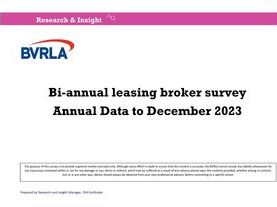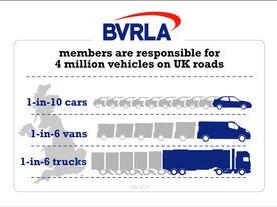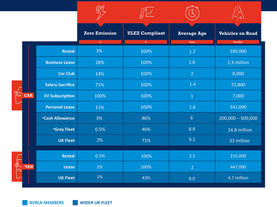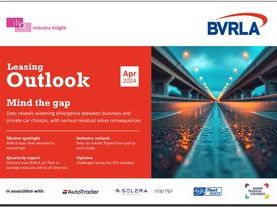Using the same methodology used by government policymakers to assess their national air quality plan, the BVRLA has commissioned a high-level blueprint for a managed transition that reduces diesel market-share in the most environmentally and economically effective way.
Produced by Ecuity Consulting, the Diesel vehicle market-share reduction analysis has four main conclusions.
- The government should focus its efforts on reducing diesel car use in urban areas. Around one-third of car use is on urban roads and electric and hybrid cars represent an increasingly affordable alternative.
- A steady transition away from using diesel vehicles will enable the supply chain and consumers to move to alternative technologies without incurring too many costs.
- Government policy should focus on trying to reduce car ownership instead of just choosing alternative vehicles. A scrappage scheme that provides mobility credits for public transport, car club and car rental journeys could stimulate this behaviour change.
- The government needs to provide a consistent clean air zone policy framework across the UK to avoid placing extra burdens or costs on people and businesses driving between urban areas.
The report uses social cost-benefit analysis, based on the Government’s Green Book methodology, to assess the merit of different rates of diesel market-share reduction over a 10-year period from 2018-27. The analysis recognises that NOx emissions must be tackled cost-effectively, with policy interventions that provide the greatest social benefit for the least cost.
In response to the Government’s UK Air Quality Plan, the BVRLA has urged policymakers to move from consultation to action as soon as possible.
The Association is calling for a carefully blended combination of incentives and restrictions that encourage more sustainable travel behaviour but don’t punish people for decisions that have already been made based on previous Government policy.
The BVRLA has called on the Government to:
- Provide a comprehensive set of Clean Air Zone guidance to ensure consistency in terms of standards, enforcement, timescales, and charges
- Work with the BVRLA in developing an engagement campaign to promote vehicle rental, leasing, car clubs and other potential solutions for businesses and individuals affected by the new Clean Air Zones
- Provide industry with confidence in the Euro 6 standards by legislating to ensure all compliant vehicles may be operated across the UK without additional cost or restrictions
- Give a clear guarantee that it will not introduce any new motoring taxes that end up punishing businesses or individuals for vehicle purchasing decisions that were made based on previous Government policy
- Ensure that any diesel scrappage scheme is both flexible and targeted. This should include providing support for companies looking to replace or retrofit older, more polluting commercial vehicles. In addition, it should encourage owners of older, more polluting cars to give them up, by offering ‘mobility vouchers’ that could be used for car rental, car clubs and other shared or public transport
- Continue to fund and support the Plug-in-Car and Plug-in-Van Grants, gradually adjusting the CO2 and zero-emission range requirements to ensure that the incentive keeps pace with advances in technology
- Ensure a consistent tax policy to support the uptake of ultra-low emission vehicles




